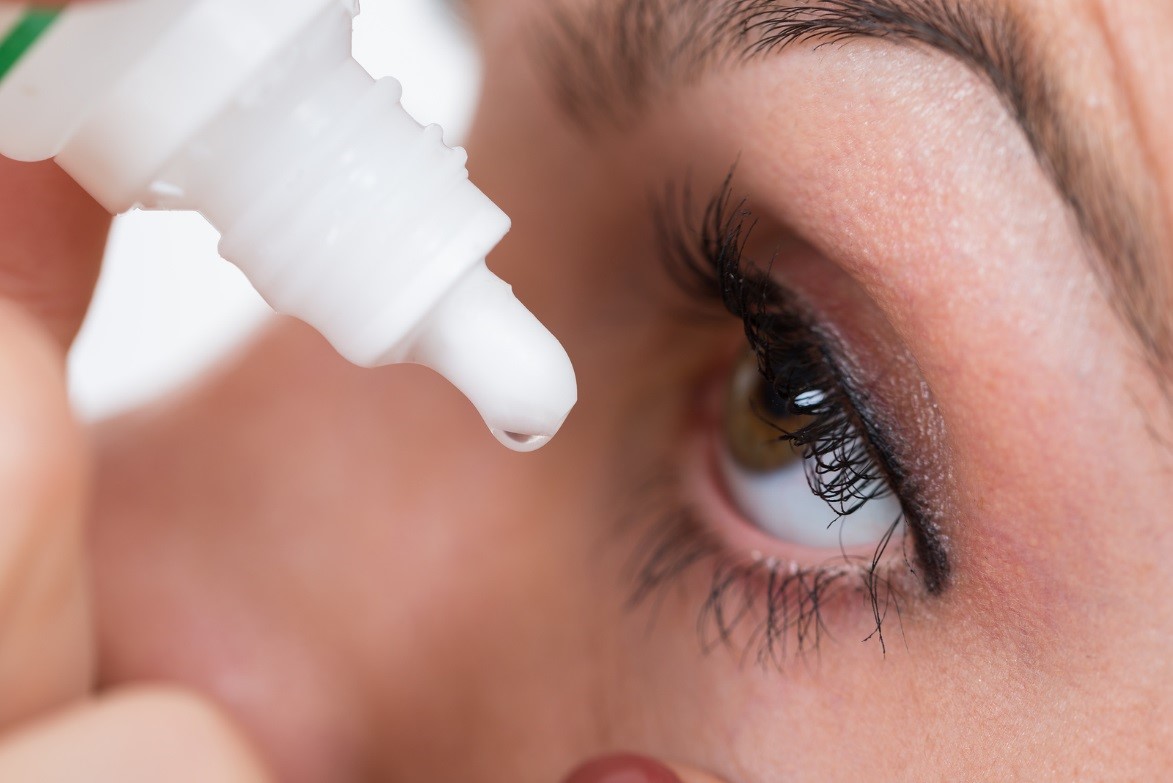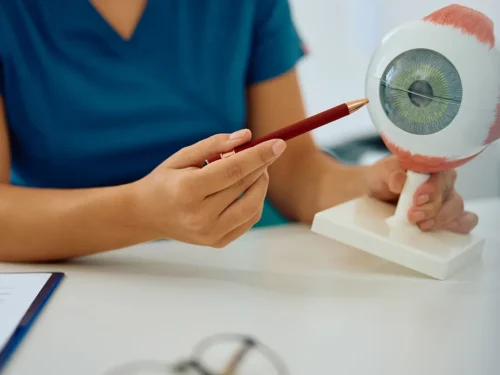
Cataract surgery patients may experience decreased tear production following their surgery, which can lead to a condition more popularly known as dry eyes. The symptom is actually very common in most types of vision correction surgery, with close to 50 percent of patients experiencing it following their procedure. Dry eye symptoms can potentially persist for weeks or months, depending on the person. The good news is that with proper care, lubrication and rest, dry eyes can be managed and eventually go away in time.
What causes dry eyes post-surgery?
Laser eye surgery lightly damages the nerve endings on the surface of the treated eye, which can lead to loss of sensitivity. As such, the eyes may not sense the need to lubricate. In this situation, the nerve endings only need to regenerate and heal so proper eye lubrication can be restored. It can take the nerves 6 to 12 weeks to fully heal, and the eyes can be prone to getting dry during this period.
Tear duct production can also become irregular because the changes in the glands surrounding the eyelids can be affected by surgery. The Meibomian glands in the eyelids produce vital oils that prevent the speedy evaporation of tears, and if the glands are affected by surgery, the patient may experience dry eye after the procedure.
Other factors that increase one’s risk to dry eyes post-laser surgery include:
- Advanced age
- Autoimmune diseases
- Dry climate or environment
- Intake of medications that decrease eye moisture
Though not all that painful, dry eyes can itch and sting. In laser eye surgery, they can lead to less than ideal surgery results. For this reason, your eye surgeon will recommend a few solutions to keep the condition in check. Here are some of what he or she might suggest:
- Artificial tears
- Prescription eyedrops
- Nonsteroidal anti-inflammatory drugs (NSAIDs)
- Dietary supplements rich in fish oil and/or flaxseed oil to increase tear production
Your surgeon will also advise you to keep adequately hydrated, so drink water regularly. He or she may also opt to insert a tear duct plugs into the tear drain of the lower eyelid to increase moisture.
In addition, because eye surgeons are now more aware of how dry eyes can affect laser surgery results, patients will have to undergo a screening for dry eyes in advance of a procedure. Those with severe dry eyes are often eliminated as candidates.
For questions and information about the causes, risk factors, and treatments that relate to dry eyes post-LASIK, schedule a consultation with trusted experts in cataract surgery in Los Angeles such as those at Excel Laser Vision Institute.




